The art of self-care was seen as central to a healthy and fulfilling life.
Today, Gwyneth Paltrow and her company Goop, which labels itself “A modern lifestyle brand” sells, among other things, a $60 jade egg for helping you “connect your second chakra….for optimal self-love and wellbeing”, an $80 quartz water bottle meant to “generate productive energy”, and $90 supplements meant to “improve energy levels and diminish stress”. Never minding the co-opting of religious concepts (chakra) and the problems with nutritional supplements (Supplements are a $30 billion racket—here’s what experts actually recommend), one has to wonder at what happened to turn self-care from a conscious effort that made us “doctors of ourselves” into a capitalistic command shouting at us to “shop and heal”. It is a change that is not confined to questionable companies like Goop. Social media bloggers and content creators who are sponsored by health and wellness brands often delight in sharing their tips and secrets to a healthy and balanced lifestyle to millions of followers, at a discreetly expensive price.
It’s worth taking a step back and getting some historical context. The self-care movement is old. Older than Twitter, and Instagram, and #selfcare, and #noshame. Once upon a time, it was a radical movement, a departure away from an American culture that emphasized personal responsibility to others at one’s own expense, a culture that shamed the idea of putting oneself first. Audre Lorde, the black feminist activist who helped spearhead the intersectionality movement, railed against this idea in her book A Burst of Light when she wrote: “Caring for myself is not self-indulgence, it is self-preservation, and that is an act of political warfare”. It was a rallying cry for those who suffered the most by upholding their communities. It was meant to be a way by which those who were unjustly treated by society, including women, people of color, and low-income communities, could find ways to take care of themselves despite a culture and society that mandated they work and not complain. It called for their right to put themselves first when they needed. This type of self-care wasn’t a publicized event because it wasn’t an $80 indulgence.
It was, in short, about survival.

Of course, there’s nothing wrong with buying $50 bath bombs, or $70 journals to channel your thoughts. It’s your money, and you can do whatever you want with it, and I’ll be honest and say they can be fun. But this commercialization of self-care, one that tells us we can’t heal or take care of ourselves without expensive props, worries me. It takes away from what self-care is really about. The activist Jack Harr, for example, created a great quiz titled “You Feel Like Shit: An Interactive Self-Care Guide”. It poses questions such as “Have you eaten” or “Have you taken your medication” or “Do you feel anxious” and “Do you feel dissociated, depersonalized, or derealized”. The quiz asks these questions because it knows that self-care, for the most part, is about the small things. Eating and hydrating enough, making sure you take your medications, and spending time with friends and family, are the building blocks by which we build healthy and balanced lifestyles.
But looking through social media sites or walking through health stores, it’s hard not to feel as if you’re failing at self-care if all you do are the basics. That if you’re not spending half an hour in a bath with scented candles, or if you’re not drinking parsley protein shakes as you leave yoga, that you’ve somehow missed the point of self-care. This is not even to mention that those who can’t afford these products are made to feel as if they are not really “looking out for number 1”. It can go without saying that the modern self-care movement seems to benefit a more affluent demographic, leaving the rest of us to play catch up in collecting the latest trinkets of wellness. In reality, having these products and routines forced upon us is the complete opposite of what self-care is about. We need a return to what self-care used to be, what it was as recently as 2015 and 2016 when the phrase took off online. In my mind, becoming “doctors of oneself”, in all its complexity, is vastly more rewarding than having a jade egg meant to channel my chakra.

Please do not hesitate to reach out to the MindReset community.
The MindReset is a community of individuals who seek to inspire a social movement geared toward creating a more Supportive, Inclusive, Compassionate, and Kind society where anyone and everyone has the opportunity to thrive.
- Facebook: https://www.facebook.com/theMindReset/
- Instagram: @The_MindReset
- Twitter: themindreset
- #TheMindReset #TMR #SICK
- e-mail: themindreset@gmail.com


